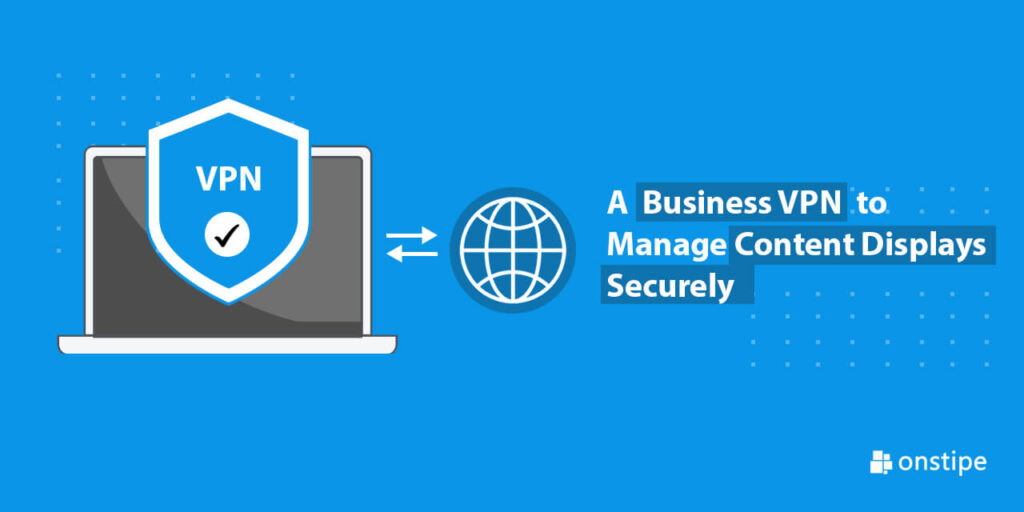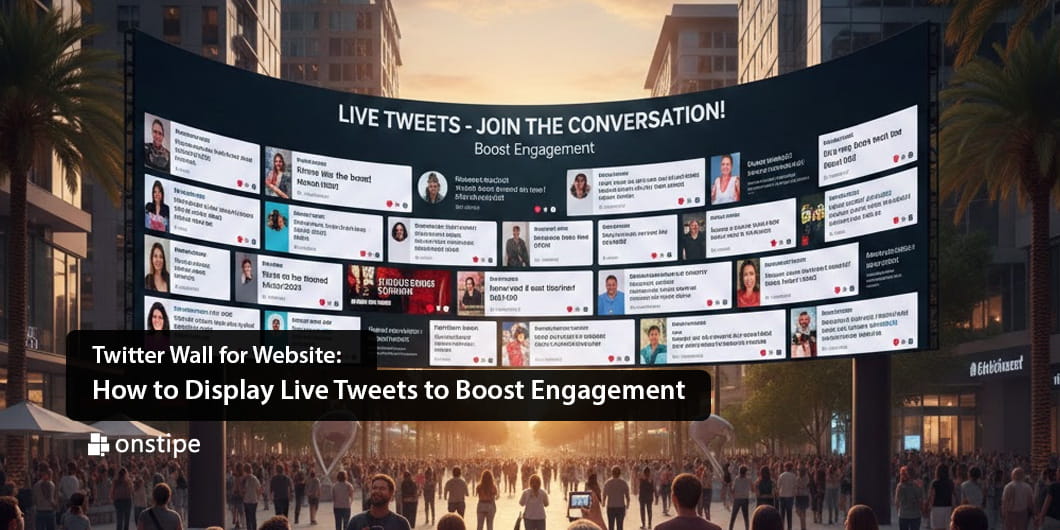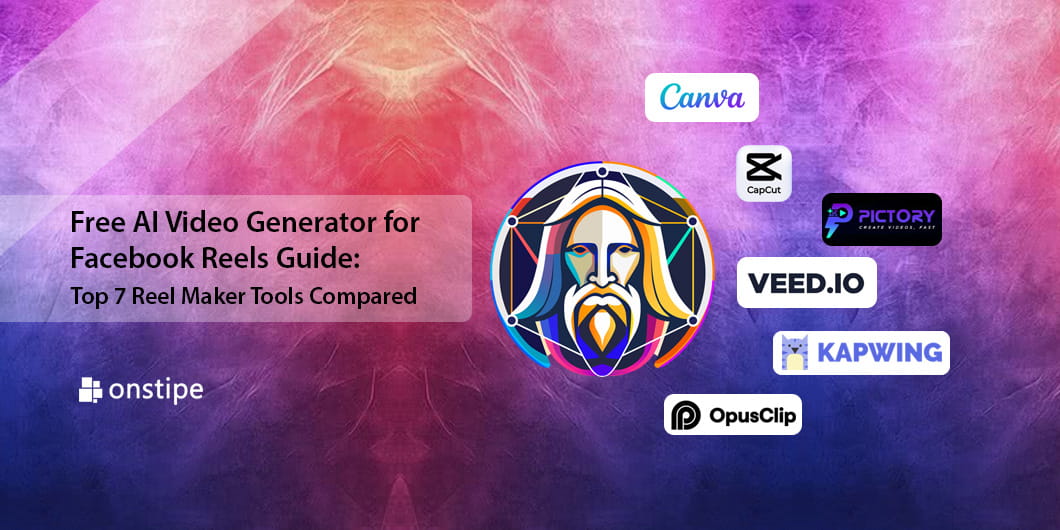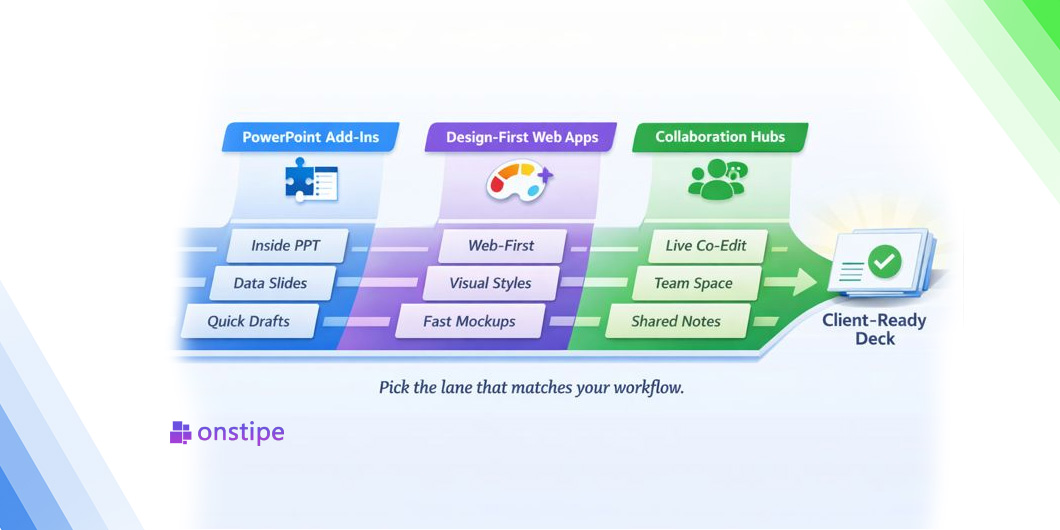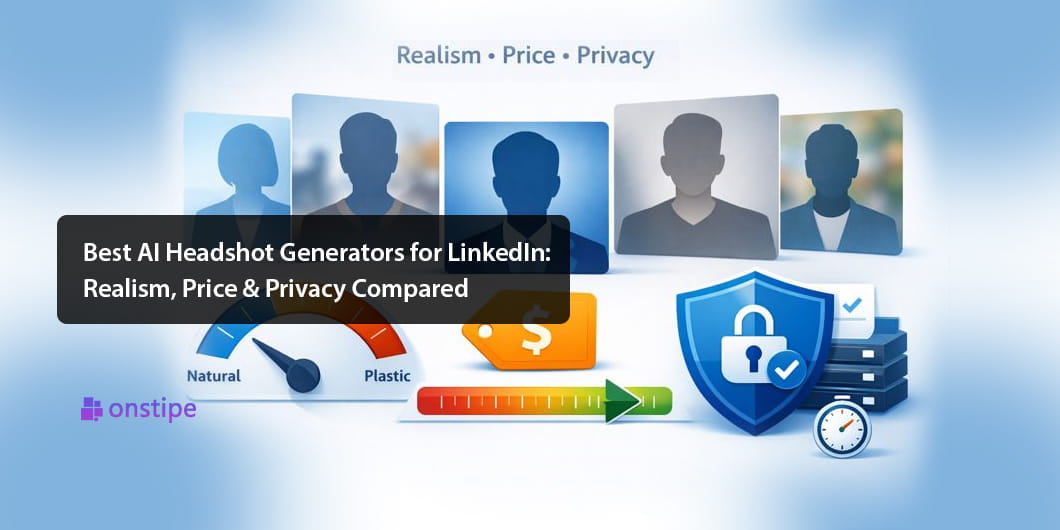From webinars, digital trade shows, and hybrid conferences with live-streamed panels and interactive online booths, remote event teams deliver polished, high-quality experiences to global audiences.
However, managing content displays remotely across different time zones, countries, and platforms brings serious security challenges. With sensitive assets like promotional materials, client data, livestream credentials, and real-time screen displays on the line, remote teams must ensure that access is fast and secure.
That’s where a business VPN becomes essential. This blog explores why remote event teams should prioritize VPN usage and how it protects content displays from security risks and operational disruption.
The Growing Complexity of Remote Event Management
A modern remote event team may include:
- Event coordinators: scheduling sessions and uploading content
- Tech support staff :monitoring streams and displays
- Marketing professionals: managing social and branded content
- Designers and video editors: uploading visuals and media
- Clients and stakeholders: requiring live preview access
All these roles access various platforms, such as cloud storage (Dropbox, Google Drive), CMS tools (WordPress, Webflow), livestream dashboards (StreamYard, OBS, Restream), or proprietary event apps.
This decentralized model becomes a potential security minefield when team members work remotely from cafes, coworking spaces, or home Wi-Fi networks. Every new device, connection, or public hotspot adds to the attack surface.
Why Standard Internet Connections Fall Short?
Remote users often connect using unsecured or public networks, making them prime targets for cyberattacks like:
- Man-in-the-middle (MITM) attacks: Intercepting data between users and platforms
- Wi-Fi spoofing: Fake networks mimicking trusted Wi-Fi sources
- Session hijacking: Gaining control of an active web session
- IP-based geo-blocking or content filtering that disrupts display functionality
Even when using HTTPS, these vulnerabilities remain a threat if sensitive credentials are compromised or data packets are intercepted mid-transfer.
The Role of a Business VPN for Remote Event Teams
A Virtual Private Network (VPN) creates a secure, encrypted tunnel between the user’s device and the internet. This ensures that all data exchanged is safe from snooping, interception, or manipulation. Looking ahead, organizations focused on long-term data protection are beginning to explore post quantum VPN solutions, which use quantum-resistant algorithms to future-proof communication against next-generation threats.
A business-grade VPN is even more valuable because it adds features specifically designed for organizations, such as access control, centralized user management, static IP addresses, and multi-device support.
Here’s why remote event teams in particular should use a business VPN:
1. Secure Access to Admin Dashboards and Display Controls
Livestream dashboards, CMS backends, and content scheduling platforms often contain powerful admin privileges. Unauthorized access here could lead to:
- Defaced digital signage
- Interrupted or hijacked livestreams
- Deleted or altered content
- Exposure of private viewer or attendee data
A business VPN ensures that only pre-approved users connecting from verified IP addresses can log in, drastically reducing the risk of a breach.
2. Bypass Geo-Restrictions and Maintain Global Display Access
Some platforms or tools used in events may be restricted by region or blocked in certain countries (due to government restrictions or corporate firewalls).
This becomes a problem if:
- You’re collaborating with international vendors or presenters
- You’re managing a global campaign with real-time content rotation
- Content displays must remain accessible and consistent across locations
A business VPN allows your team to mask their IP location by routing traffic through a server in a specific country, ensuring uninterrupted access. With consistent IP addresses and location routing, display content remains seamless.
3. Protect File Transfers and Media Uploads
Remote event teams constantly move high-value assets across the Internet, such as presentations, keynote recordings, sponsor ads, design templates, and more. Sending these via unsecured channels or public Wi-Fi can expose them to theft, tampering, or leakage. Worse, compromised files may be altered to include malware.
With VPN encryption, all file transfers happen within a secure, invisible layer. Sensitive media reaches its destination untouched, with integrity intact.
4. Maintain Control with Static IPs
One of the most significant advantages of a business VPN is the ability to assign a static IP address to the entire team. This brings several operational benefits:
- Access control: Only whitelisted IPs can log in to key platforms
- Simplified logging: Track all access from a known source
- Geo-consistency: Prevent platforms from locking accounts due to location changes
Static IPs are especially useful for managing display systems and signage that may only accept commands from a specific location or range.
For example, some virtual event platforms use API integrations or remote control commands to change displays. Having a known IP ensures uninterrupted functionality and fewer support tickets.
5. Protect Livestream Credentials and Broadcast Feeds
Remote teams managing live video feeds often work with platforms like OBS, YouTube Live, Vimeo, or StreamYard. These platforms require stream keys and admin credentials if leaked, which can lead to:
- Unauthorized broadcasts
- Shutdowns or bans
- Hijacking of event content
A business VPN encrypts all traffic, including sensitive streaming data and keys. This prevents hijacking attempts, packet sniffing, or brute-force attacks even if the operator works from an unsecured hotel Wi-Fi.
6. Ensure Compliance and Peace of Mind
Some industries like healthcare, finance, Dot Dot loans and education must comply with strict data privacy and transmission regulations.
If your remote event contains:
- Client data
- Registration info
- Medical or financial content
- Student or employee information
It reassures clients, sponsors, and stakeholders that your event operations are professional, controlled, and safe from external threats.
Choosing the Right VPN for Business Use
While countless VPN providers are on the market, not all are suitable for business needs. You need a provider that offers:
- Dedicated/static IP addresses
- Team management features
- Strong encryption protocols
- Reliable global server network
- Scalable licenses for teams
One trusted option is AstrillVPN for business, which offers customizable plans, fast performance, and enterprise-level encryption. With features like static IPs, application filters, and multi-device support, it’s a wise choice for remote teams managing time-sensitive content and event logistics.
Conclusion
In an age of hybrid and virtual events, remote event teams are the digital stage managers, ensuring content is delivered smoothly, securely, and on-brand. But with that responsibility comes the challenge of safeguarding every login, upload, and connection.
From encrypted connections and static IP control to bypassing firewalls and preventing unauthorized access, a VPN brings the peace of mind and reliability that every successful event operation demands.

